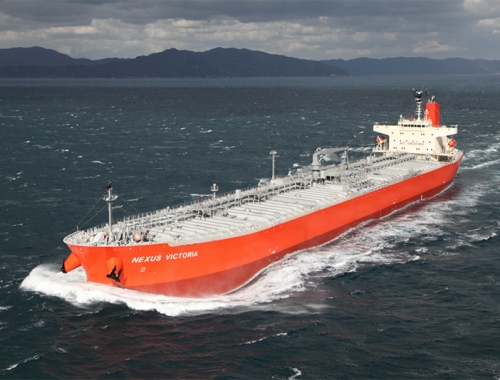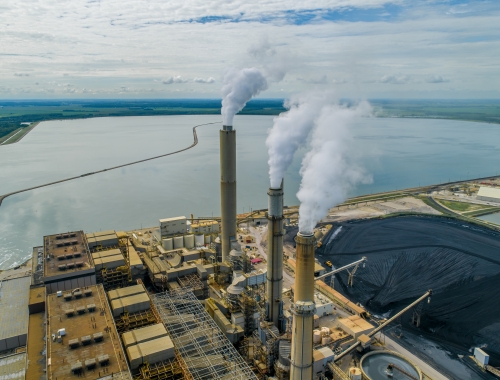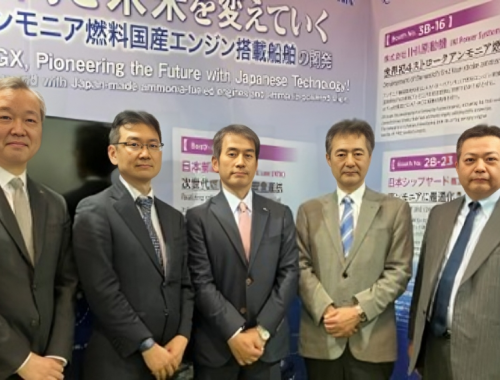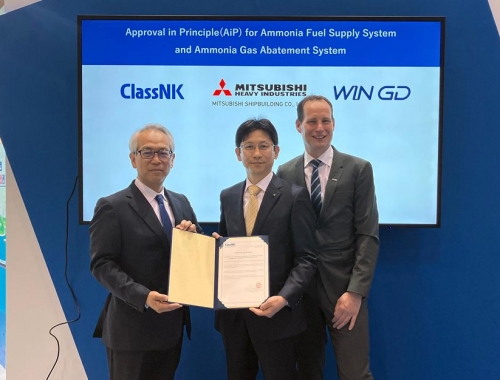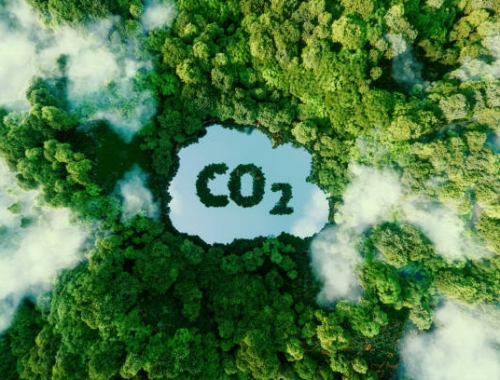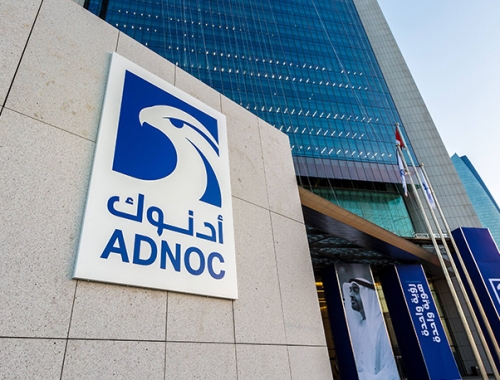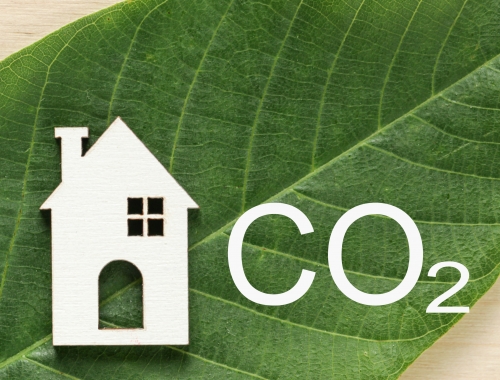Jera pens MoU with TAQA for decarbonisation biz
SUMMARY
The parties plan to develop zero-emission thermal power projects and other green projects, mainly in the Middle East region. [Image: TAQA]
By Shardul SharmaJapan’s Jera has entered into a memorandum of understanding (MoU) with Abu Dhabi National Energy Company (TAQA) to develop projects in the area of decarbonisation, it said on February 15.
“This MoU will open up opportunities for collaboration between TAQA and Jera through the joint development of zero-emission thermal power projects and other green projects, mainly in the Middle East region, and will contribute to the expansion of business opportunities for both companies,” Jera said.
The Japanese company in October 2021 established Jera Middle East & Africa Management Co in Dubai with a view of development of businesses in a wider range of fields, including renewable energy projects and green fuel production projects, in addition to the existing gas-fired power and desalination projects. Jera said it has been in talks with partners in the Middle East region with a view to expanding its development of its decarbonisation business.
TAQA and Jera already have a working relationship, having previously collaborated on the Umm Al Nar Independent Power and Water Plant (IWPP) project in 2003.
TAQA operates a power and water fleet across seven countries, including in the UAE and aims to add 15 GW of capacity internationally and grow to 30 GW domestically by 2030. The company is also planning to have reverse osmosis (RO) technology make up two-thirds of its desalination portfolio by 2030.
“Developing world-class decarbonised power and water projects will be key to meeting these objectives and this MoU is a tangible step towards these ambitions,” Jera said.
“In addition to supporting sustainability and decarbonisation efforts, TAQA’s newly formed collaboration with Jera is the latest endeavor undertaken by the company that aligns to its ESG commitments to reduce its greenhouse gas (GHG) emissions and meet its growth ambitions,” Jera added.
Jera said it is positioning the Middle East region, which is rich in renewable energy resources, as a promising production base for green hydrogen and ammonia.

